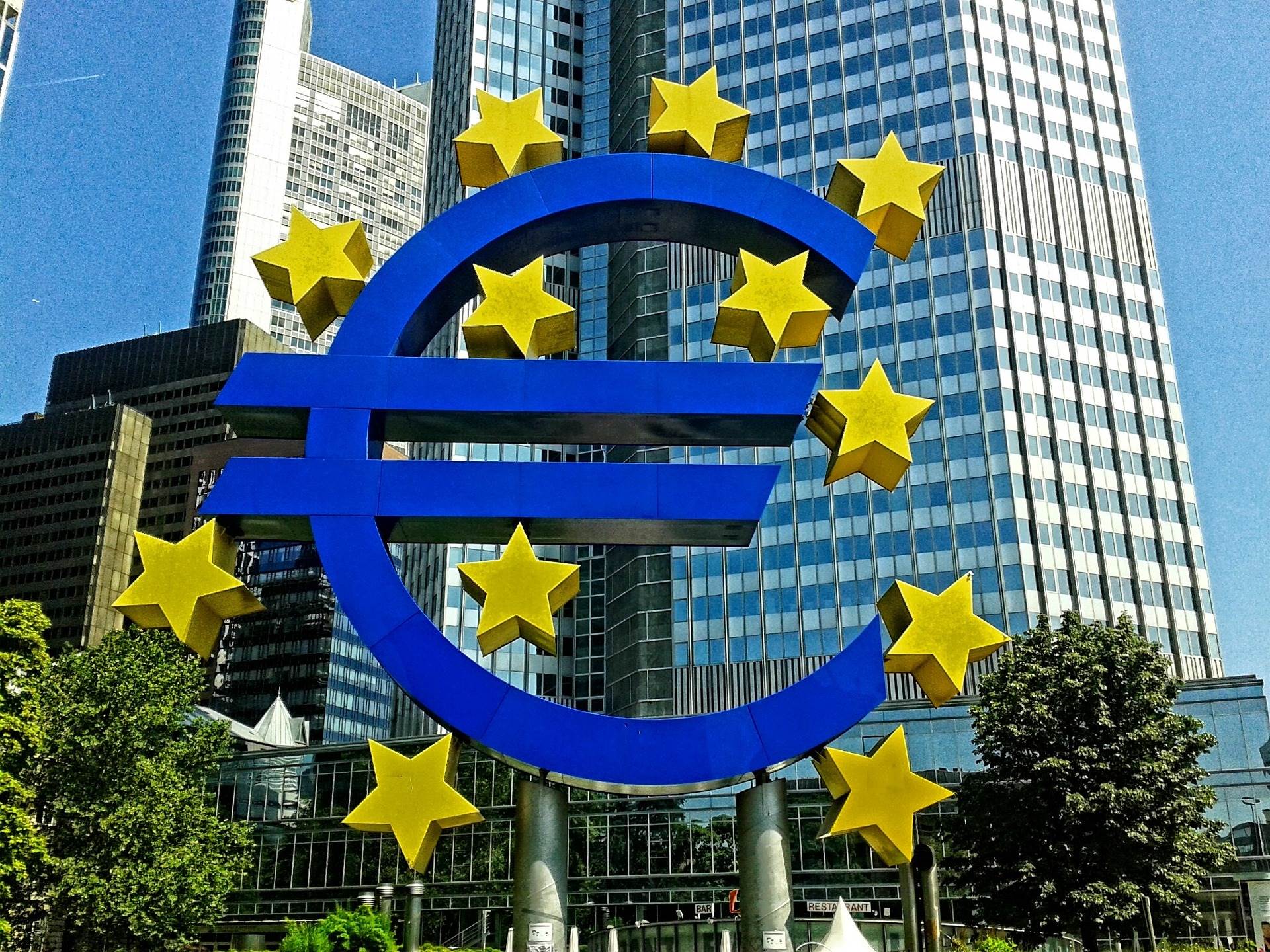 December began with bad news for the Eurozone, as its factory activity shrank for its tenth consecutive month last November, according to data released by IHS Markit.
December began with bad news for the Eurozone, as its factory activity shrank for its tenth consecutive month last November, according to data released by IHS Markit.
IHS Markit's manufacturing Purchasing Managers’ Index (better known as PMI) for the Eurozone was at 46.9 in November, over October's 45.9 but still behind the 50 level, that marks the difference between expansion a contraction. This means that even though the manufacturing activity was better than October's manufacturing activity still contracted.
IHS Markit highlighted that despite the results seem to be negative, they bring "encouraging signals," like an increase in optimism regarding the future, as the future output index went up from 51.9 to 55.3.
“Although still signalling a steep rate of decline, the manufacturing PMI nonetheless brings some encouraging signals which will fuel speculation that the worst is over for euro area producers,” said IHS Markit's chief economist Chris Williamson, “Perhaps most promising is a marked upturn in business sentiment, particularly in Germany,” he added.
Relations between ECB leadership and Germany Improve
After blasting Mario Draghi during an interview due to the ECB's decision to implement a stimulus package in September, the Bundesbank president Jens Weidmann apologised to him.
Back then, Weidmann accused the ECB of putting the Eurozone's financial stability into risk, which was put out of context by the German Newspaper "Bild", which accused the Bank of attempting to Dry German citizen's bank accounts.
Many were concerned about the anti-ECB path Germany and other countries have taken lately. This behaviour is attributed to the fact that the leadership of those countries believes that monetary easing is putting their savers on risk, as well as compromising the Monetary Union’s financial stability. Draghi's and Lagarde's recent calls for establishing a fiscal union and a common budget are also seen as controversial, given that those countries (which usually have more room to spend) are not willing to expand their public expenditure.
A debate about the role the ECB should take is also latent. Many assume that the ECB's main role is guaranteeing price stability, but in practice, it also has taken the role of stimulating the Economy. Hence Draghi's and Lagarde's calls for instituting a framework that would assist the bank in this task.
The European Central Bank’s governing council is expected to hold a monetary policy meeting on December 12 in Frankfurt, followed by a press conference.
By 10:21 GMT the EUR/USD went down by 0.01 percent, at 1.1014. The EUR/JPY gained 0.12 percent, hitting the 120.76 level while the EUR/CHF followed the trend, going up by 0.04 percent, at 1.1015
